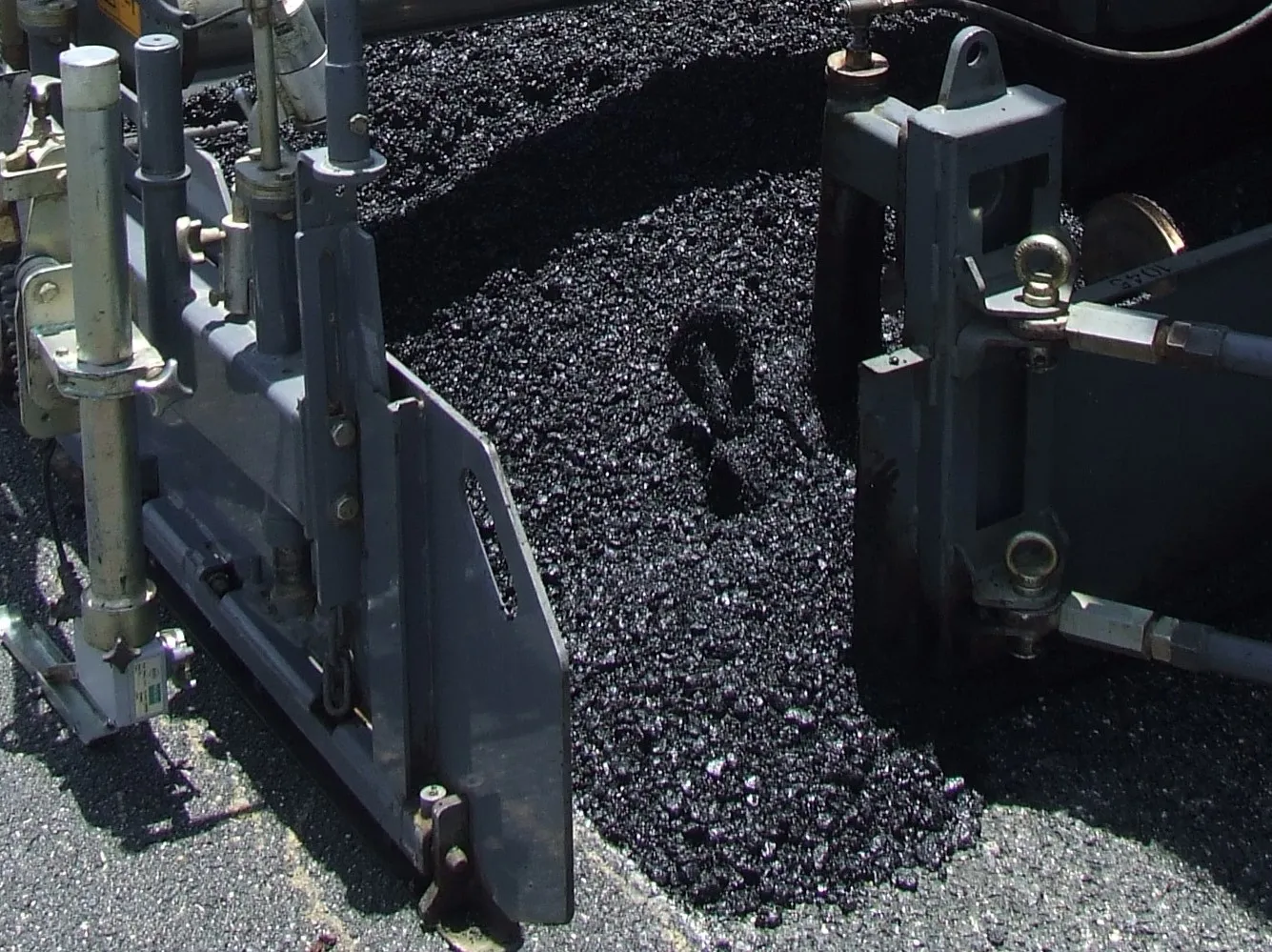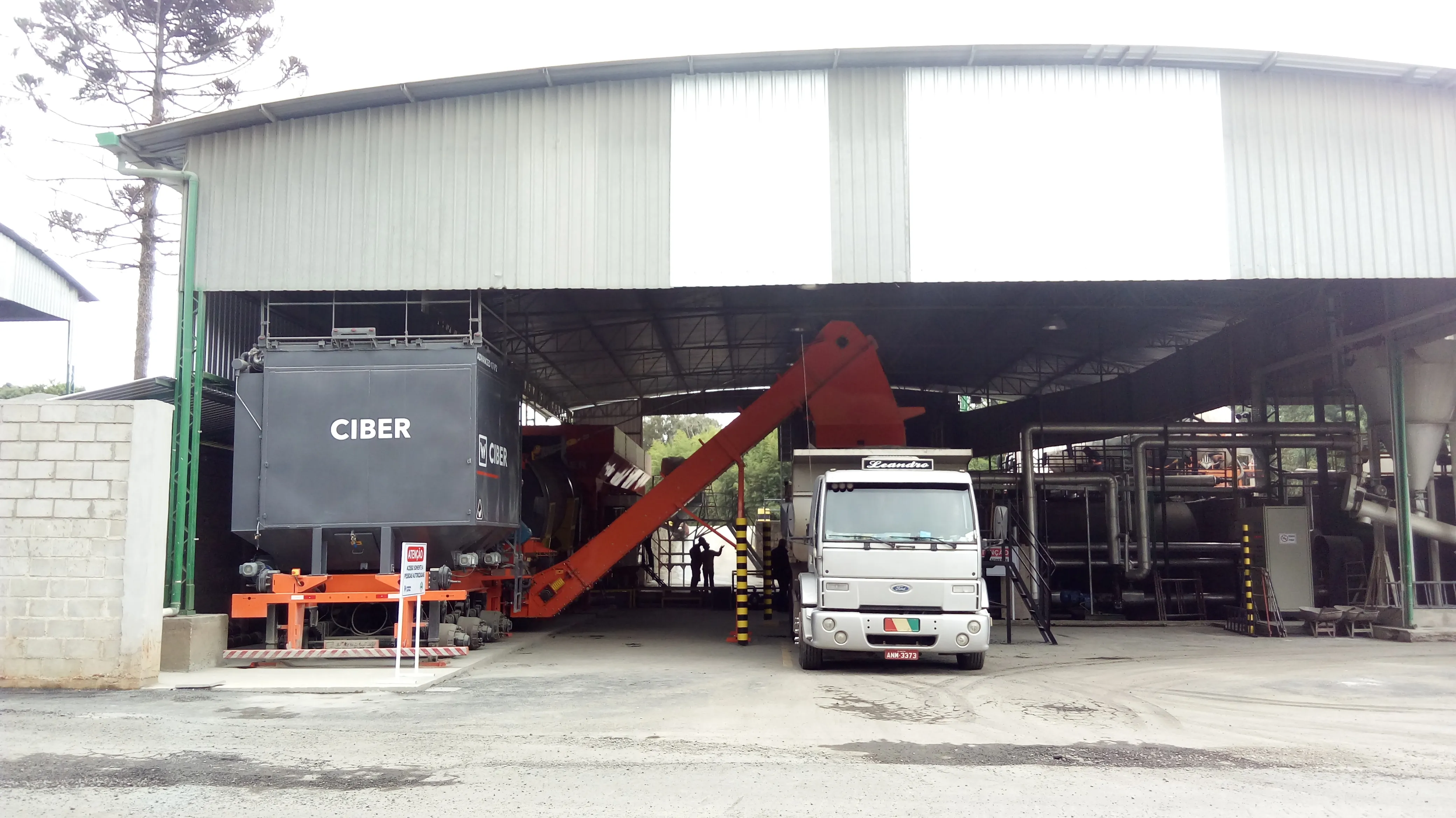An innovative carbon neutral asphalt is coming to market.
By MJ Woof
October 20, 2020
Read time: 1 min

Aggregate Industries is now offering the SuperLow range of asphalt, which includes a carbon neutral variant.
Following its parent company LafargeHolcim in signing the Net Zero Pledge and the recent launch of its ECOPact low carbon concrete, this is the latest in a series of steps taken towards more sustainable materials by Aggregate Industries.
Although SuperLow is already an established brand in the Aggregate Industries range, this new SuperLow product features reduced carbon levels when compared to standard asphalt. This has been achieved through producing it at reduced temperatures. All remaining emissions are then offset through carbon reduction projects on the customer’s behalf through Aggregate Industries’ offsetting partner, Circular Ecology, all without any change to product performance.
Guy Edwards, CEO at Aggregate Industries, said: “New, improved SuperLow is yet another step we are taking to supply more sustainable construction materials in order for the country to build greener.
SuperLow offers other benefits too. With the mix requiring lower temperatures than traditional asphalts, SuperLow also cools more quickly, meaning repairs and resurfacing take less time. The cooler temperature also reduces binder ageing and boosts working life, allowing roads to last longer. The SuperLow solution is available across a wide range of asphalt products, from the low-noise SuperThin to the vibrant SuperColour.









